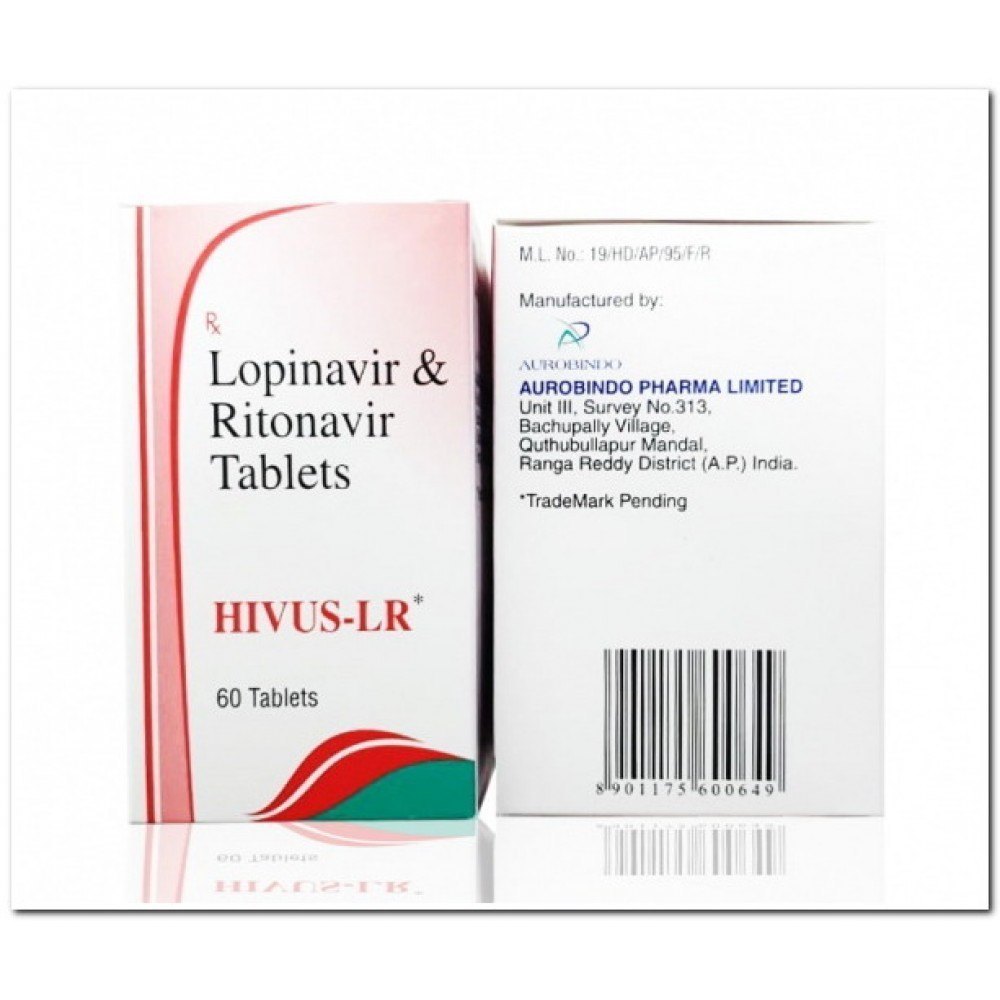Anzavir R is a combination medication that contains Atazanavir and Ritonavir. This combination is primarily used in the treatment of HIV-1 infection. Atazanavir is a protease inhibitor, and Ritonavir is another protease inhibitor that is commonly used in small doses to boost the effectiveness of Atazanavir.
Key Components and Their Mechanism of Action:
1. Atazanavir
- Class: Protease Inhibitor
- Mechanism of Action: Atazanavir inhibits the protease enzyme that HIV uses to cleave viral proteins into functional units necessary for the maturation of new virions. This inhibition prevents the maturation of the virus and reduces the viral load in the body.
2. Ritonavir
- Class: Protease Inhibitor (used as a booster)
- Mechanism of Action: Ritonavir, when used in combination with Atazanavir, acts as a booster by inhibiting the cytochrome P450 3A4 enzyme, which metabolizes Atazanavir. This inhibition leads to increased levels of Atazanavir in the bloodstream, enhancing its effectiveness without the need for higher dosing.
Uses:
- HIV Treatment: Anzavir R is used as part of a comprehensive antiretroviral therapy regimen for the treatment of HIV-1 infection in adults and children.
Dosage and Administration:
- Dosage: The typical dosing regimen for Anzavir R should be determined by a healthcare provider. It is usually prescribed as one tablet taken once daily, with food to enhance absorption and minimize gastrointestinal side effects.
- Administration: It’s essential to take the medication consistently at the same time each day.
Side Effects:
Common side effects may include:
- Gastrointestinal Issues: Nausea, diarrhea, abdominal pain.
- Fatigue.
- Headache.
- Rash.
- Increased Bilirubin Levels: Atazanavir may cause elevated bilirubin levels, leading to jaundice (yellowing of the skin and eyes).
Serious side effects can include:
- Liver Problems: Monitoring liver enzyme levels is recommended, particularly in patients with pre-existing liver disease.
- Pancreatitis: There can be an increased risk of pancreatitis, especially at higher doses of Ritonavir.
- Allergic Reactions: Patients should be monitored for any signs of severe allergic reactions or skin rashes.
Recommendations:
- Regular Monitoring: Patients should have regular follow-ups to monitor liver function and overall health.
- Medication Interactions: Since both Atazanavir and Ritonavir can interact with many other medications, a thorough medication history should be provided to healthcare providers.
As always, consult your healthcare provider for detailed and personalized information regarding Anzavir R (Atazanavir and Ritonavir), including specific dosing, potential drug interactions, and management of side effects.




Reviews
There are no reviews yet.